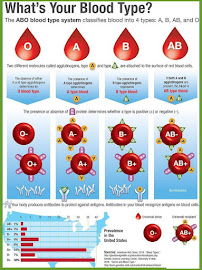Medicine
1. ** Medicine **: Medicine is the science and practice of diagnosing, treating, and preventing diseases and injuries to maintain or restore health. 2. ** Medical Specializations **: These are branches of medicine that focus on specific areas of the body or diseases. Examples include cardiology (heart), dermatology (skin), and neurology (nervous system). 3. ** Pharmacology **: Pharmacology is the study of drugs, including their composition, effects, and uses in the treatment of diseases. 4. ** Anatomy **: Anatomy is the study of the structure and organization of the body's organs and tissues. 5. ** Physiology **: Physiology is the study of how the body's organs and systems function and interact with each other. 6. ** Diagnosis **: Diagnosis is the process of determining the nature and cause of a disease or condition through medical examination and testing. 7. ** Treatment **: Treatment involves medical interventions aimed at curing or managing a disease or condition. It can inc...


